The Buzz
The Buzz
Dive into insights and trends that are shaping the future of beverage. From industry innovations to best practices that streamline your operations, we’re here to keep you informed, inspired and ahead of the curve. Crafted by industry pros, for industry pros, welcome to The Buzz.

By Jeremy King
•
November 20, 2024
Key Takeaways: The success of AI technology relies on a centralized data set. ERP solutions provide beverage companies with a unified platform to consolidate information across all operations and departments. In today’s rapidly evolving technology landscape, artificial intelligence (AI) stands out as a transformative force. Its potential to revolutionize the beverage industry hinges significantly on one critical factor: data. AI needs data—lots and lots of it. However, the true potency of AI can best be realized when data is not just abundant but also unified within a single system. Keep scrolling to learn more. The Importance of Data for AI AI algorithms thrive on information. The more data they process, the better they learn and make predictions. This is because AI, particularly machine learning models, relies on identifying patterns and correlations within data—the more comprehensive the data, the more accurate and nuanced the insights. The Challenge of Data Silos In many beverage companies, information is often dispersed across multiple systems and departments, creating data silos. These silos hinder the flow of information and lead to fragmented data landscapes – and often fragmented teams. Data silos leave beverage companies with: Incomplete insights: When data is scattered, AI models lack access to the full spectrum of information, leading to incomplete or biased insights. Redundancies and inconsistencies: Different systems may store duplicate or conflicting information, complicating data management and reducing reliability. Higher costs : Maintaining multiple systems is costly, both in terms of financial resources and operational efficiency. Complex data integrations: Integrating data from various sources is often a complex, time-consuming process that can delay AI initiatives. How HenHouse Brewing Solved Its Data Issue 2018 was a boom year for HenHouse Brewing Company . The company was rapidly growing both in its physical footprint and barrels produced per year. At the time, the brewery operated from multiple department-owned spreadsheets that stored various data sets. The process was disjointed, archaic and prone to error. Collin McDonnell, CEO and co-founder, shared how data silos affected teamwork and company culture. “I don’t think people understand how stressful it can be to run a really complicated manufacturing business, and that’s what a brewery is,” explained Collin. “There’re a lot of opportunities for people to feel like somebody else isn’t doing their job or that this thing isn’t happening the way I want it to. All of that stress can create a bad work environment.” Collin described how switching to a brewery ERP solution and creating a central repository of truth led to more collaboration, less blaming and less resentment. “It's weird to talk about an ERP as a way to get the team to get along better, but it's super true. Everybody is much happier not having the infinite spreadsheet sprawl that made us stressed out and mad at each other.” HenHouse now benefits from a single data set that integrates information across the entire company, helping teams be more agile and adaptable as the brewery continues to grow.

By Bree Neely
•
November 7, 2024
Looking for the best winery accounting software? Discover key features like TTB compliance, vineyard management and custom reporting that help streamline operations and boost profitability. Crafted ERP is built specifically for winemaking, offering cloud access, scalability and strong security. Choose a solution designed by industry experts to enhance your winery’s financial health, maximize ROI and support long-term growth.

By Jason Hatfield
•
October 30, 2024
Lot traceability isn’t just a buzzword; it’s the backbone of craft spirits production. Dive into how tracking every drop keeps quality in check, satisfies regulators and saves your distillery from PR nightmares. Discover why solid lot tracking and some clever software is key to making sure every batch is as good as the last. Cheers to that!

By Jeremy King
•
October 23, 2024
Data breaches and cyber threats have become frequent and more sophisticated, making cloud-based software security and stability top concerns for businesses of all sizes. Recent headlines about security lapses continue to spark widespread discussions, making it more critical than ever for companies to evaluate the safety of their digital infrastructure. These concerns can be put to rest for businesses using Crafted ERP, built on Oracle NetSuite. With its foundation on Oracle Cloud Infrastructure (OCI), one of the most trusted cloud platforms in the world, Crafted ERP offers robust security and unmatched stability. But what makes OCI, NetSuite and Crafted ERP such a powerful combination?
GET IN TOUCH
1512 Larimer Street, Suite #150
Denver, CO 80202
United States
(720) 699-0200
66 Goulburn Street
Sydney, NSW, 2000
Australia
+61 2 9044 1330





